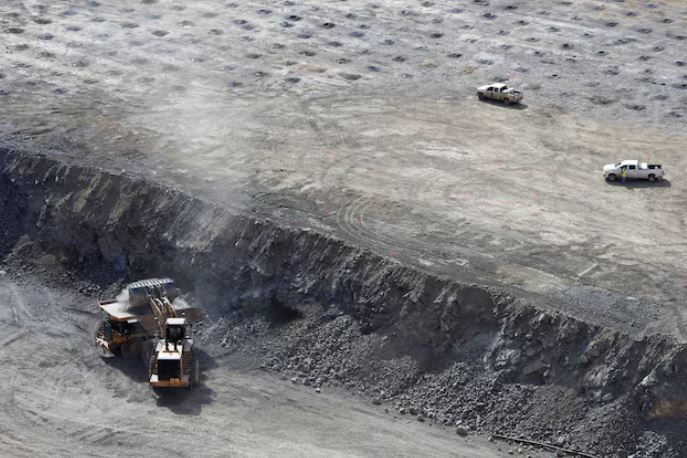
Greece’s Deputy Minister of Environment and Energy Alexandra Sdoukou signed an international call to tender for the exploration and exploitation of the mineral antimony in the area of Keramos on the island of Chios in the northern Aegean Sea, confirming a rise in rare earth mineral exploration in Greece.
The plans for Chios, however, have been met with some concerns, as there is no consensus on the exploitation of the island’s old mines. Since September 13, when the draft tender plans were put up for public consultation, Chios has been divided. Communities in the northern part of the island have expressed cautious support for the development, provided strict conditions are met, while the rest of the island remains concerned about the potential environmental impact of such an investment.
In response, the Ministry of Environment and Energy has pledged to impose strict obligations on the contractor to ensure environmental protection, create jobs for the local community, and allocate benefits to the Municipality of Chios.
Antimony, which is used primarily to strengthen other metals, as a flame-retardant, and as a semiconductor, has been used medicinally. However, it is considered toxic. In small amounts, it can cause eye irritation, skin irritation, lung and heart problems.
The call to tender in Chios comes on the heels of an announcement released last week by industrial and energy company Metlen regarding its new production line for the extraction of bauxite, aluminium, and gallium.
Metlen is expected to start bauxite production by 2026, followed by aluminium and gallium by the end of 2028. The company’s investment is estimated at €295bln.
These moves aim to expand Greece’s presence in the sector of rare earth minerals extraction and production, with another tender in the pipeline regarding the public mining area in Kimmeria, Xanthi, where deposits of magnetite, pyrite, chalcopyrite, and molybdenite have been identified.
Meanwhile, Australian-backed company ‘Rockfire’ leasing the mining site in Molaoi, Laconia in the region of Peloponnese, has announced the discovery of germanium, an extremely scarce metal. The company is currently evaluating the data and assessing the deposit’s viability before making a final decision on the commencement of production.
The Hellenic Authority for Geological and Mineral Research (HAGMR) is conducting lithium exploration in Samos and Kallintiri, Rodopi, with plans to extend its efforts to Kilkis. In the coming months, the search for critical raw materials will expand to other regions of the country, reflecting a strategic push to capitalize on Greece’s mineral wealth.
Source: Tovima.com
Latest News

Trump Tariffs Jeopardize Growth: Piraeus Chamber of Commerce
The tariffs, aimed at reducing the U.S. trade deficit, are expected to have both direct and indirect effects on the European economy

EU Condemns Trump Tariffs, Prepares to Retaliate
As tensions escalate, the EU is expected to continue negotiations with Washington while preparing for potential economic retaliation.

The Likely Impact of Trump Tariffs on Europe and Greece
Trump tariffs are expected to negatively affect economic growth in the Eurozone while Greece's exports could take a hit.

Motor Oil Results for 2024: Adjusted EBITDA of 995 mln€; Proposed Dividend of 1.4€ Per Share
Adjusted EBITDA for 2024 was down 33% yoy. The adjusted profit after tax for 2024 stood at 504 million euros, a 43% decrease from the previous year

Cost of Living: Why Greece’s 3% Inflation Is Raising Alarm
Greece appears to be in a more difficult position when it comes to price hikes, just as we enter the era of Trump’s tariffs.

Fitch Ratings Upgrades the Four Greek Systemic Banks
NBG’s upgrade reflects the bank’s ongoing improvements in its credit profile, Fitch notes in its report, including strong profitability, a reduction in non-performing exposures (NPEs), and lower credit losses

Trump to Announce Sweeping New Tariffs Wednesday, Global Retaliation Expected
With Trump's announcement just hours away, markets, businesses, and foreign governments are bracing for the fallout of one of the most aggressive shifts in U.S. trade policy in decades.

Inflation in Greece at 3.1% in March, Eurostat Reports
Average inflation in the eurozone settled at 2.2%, compared to 2.3% in February

Greece’s Unemployment Rate Drops to 8.6% in February
Despite the overall decline, unemployment remains higher among women and young people.

Jerry Kalogiratos Highlights Key Role of Energy Transition and Data Demand in LNG Outlook
Energy transition and the prospects of LNG were discussed at Capital Link’s 19th Annual International Maritime Forum, during a panel discussion with Jerry Kalogiratos (Capital Clean Energy Carriers Corp.)
























![ΕΛΣΤΑΤ: Αυξήθηκε η οικοδομική δραστηριότητα κατά 15,6% το Δεκέμβριο [πίνακες]](https://www.ot.gr/wp-content/uploads/2025/03/DSC9655-2-1024x569-1-90x90.jpg)

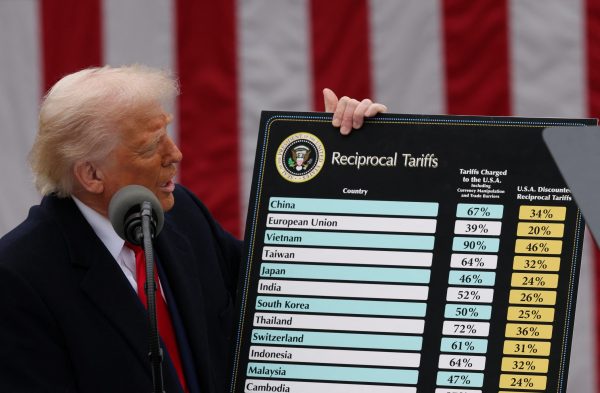

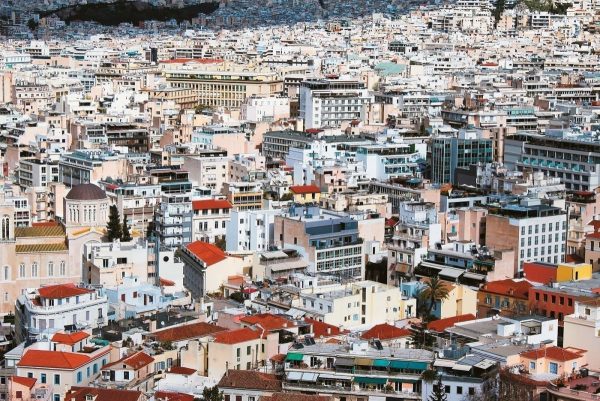



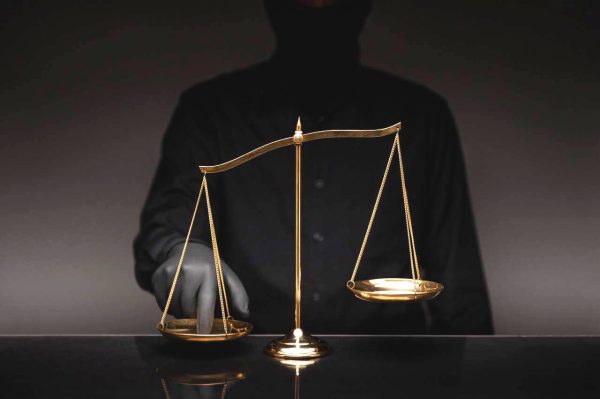



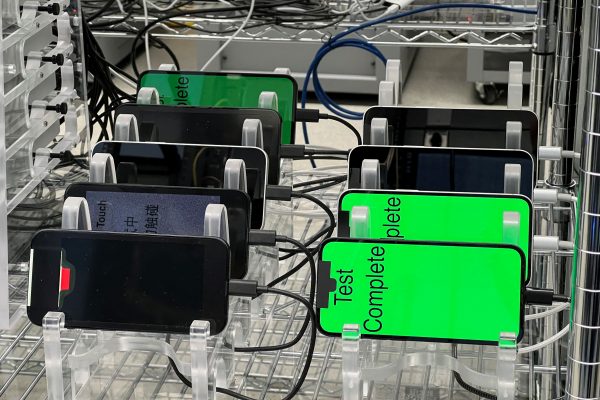





 Αριθμός Πιστοποίησης
Αριθμός Πιστοποίησης